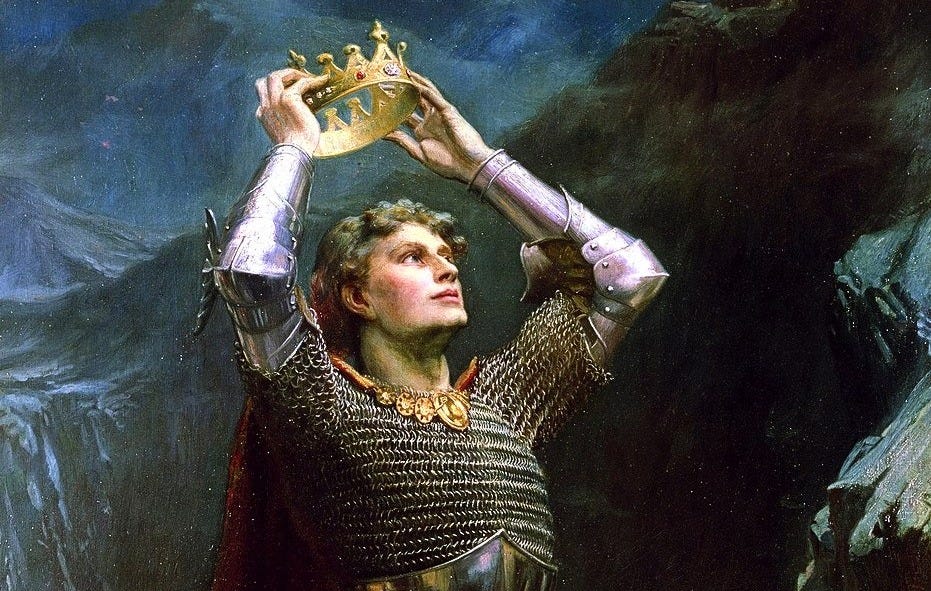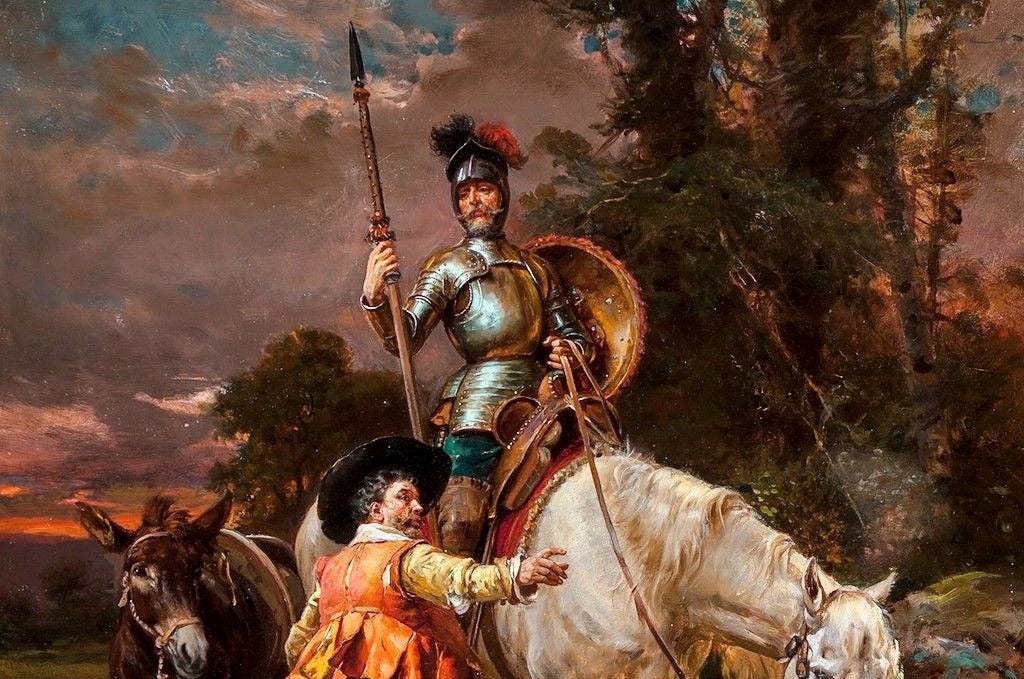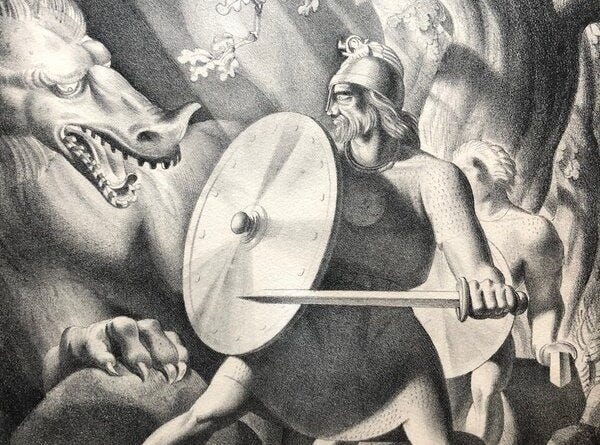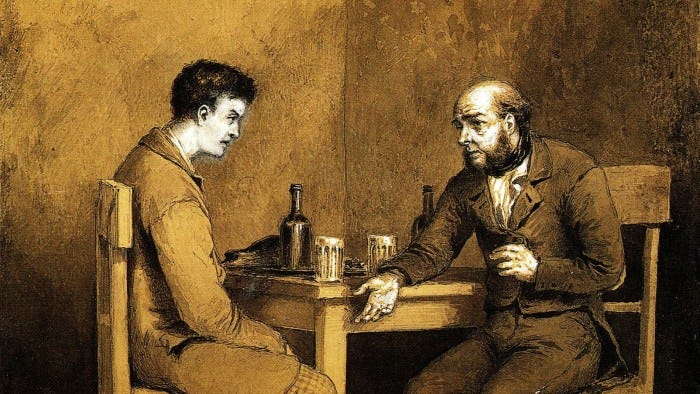Most parents know their children should read the classics, but few understand why. Too often, great books are assigned in school with little explanation beyond historical significance or vague moral lessons.
But literature is more than a checklist of cultural knowledge — it’s a gateway to wisdom.
In the context of this list, "children" refers to late middle schoolers and early high schoolers, not young kids with picture books. These ten works are intended for children who are right at the age when they’re beginning to grapple with deeper questions of life, morality, and meaning.
Each one of these classics will challenge your children to think deeply, sharpen their judgment, and lead lives of courage, wisdom, and purpose.
Here’s where you need to start…
Reminder: this is a teaser of our members-only deep dives.
To support our mission and get our premium content every weekend, upgrade to a paid subscription below. You’ll get:
Full-length articles every Saturday
Members-only video podcasts / interviews
The entire archive of great literature, art and philosophy breakdowns
1. Le Morte d’Arthur — The Code of Honor
Sir Thomas Malory’s Le Morte d’Arthur is the definitive collection of Arthurian legends, filled with knightly duels, noble quests, and tragic betrayals. It is a book about adventure — but more than that, it is a book about the struggle to live virtuously in a world filled with temptation and strife.
King Arthur and his knights represent the ideals of chivalry, such as bravery, courtesy, and justice. But they often fail to live up to them, and sometimes in spectacular fashion. Lancelot, the greatest knight, succumbs to forbidden love. Arthur, the noble king, watches his realm collapse under the weight of human frailty.
Children should read Le Morte d’Arthur not just for the grand battles, but to understand that ideals matter, even when men fall short of them. Honor and duty are not outdated relics — they are the foundation of strong individuals and strong civilizations. To fail is not to be defeated, but to give up and abandon your values is. For when those values erode, everything else follows.
2. Don Quixote — The Madness of Reality
Too much sanity may be madness. And maddest of all: to see life as it is, not as it should be!
At first glance, Don Quixote seems like a comedy about a foolish old man tilting at windmills. But Miguel de Cervantes’ novel is far more than that — it is a meditation on reality itself.
The world laughs at Don Quixote for seeing himself as a knight, yet the people who consider themselves "sane" are often cynical, self-serving, and hollow. The knight errant may be delusional, but at least he dares to live life as if it has meaning and beauty.
This novel teaches children to balance idealism with wisdom. It’s not about blind fantasy, but about choosing to live with meaning and purpose — even when the world laughs at you for it.
3. Beowulf — Slay the Dragon Before It Slays You
At its core, Beowulf is about battles. The first is against the “shadow-walker” Grendel, the second against Grendel’s mother, and the third against a dragon. But these battles are not just external struggles — they are metaphors for the conflicts we all face in life.
Grendel represents external threats, i.e. problems that will not go away unless confronted. His mother represents the dangers of revenge and unchecked emotion. And the dragon, among other things, represents time itself, the final enemy that comes for us all.
Beowulf doesn’t hesitate to face down any of these monsters. He doesn’t seek an easy way out. Rather, he knows it is his duty to fight and defend his people — even though he isn’t the one responsible for incurring the wrath of the monsters.
Beowulf’s story is a lesson in physical and moral courage, as well as the qualities that define a great leader. It’s also a great reminder that if you wait too long to act, the monsters you’re scared to face will only grow stronger…
4. Crime and Punishment — The Weight of a Guilty Conscience
Raskolnikov believes himself to be a superior man, someone beyond conventional morality. He tells himself that murder, in his case, is justified. But as soon as he commits the act, he begins to unravel.
His mind deteriorates, his body weakens, and he becomes haunted by paranoia and guilt. Fyodor Dostoevsky’s Crime and Punishment is the ultimate warning about crossing moral lines — you can justify your actions all you want, but the weight of a guilty conscience will eventually crush you.
This great Russian novel does not deal in abstract morality, but rather shows exactly what happens when you convince yourself that right and wrong are subjective. Raskolnikov’s downfall is slow and agonizing, and by the time he realizes the truth, he has nearly destroyed himself.
Crime and Punishment forces readers to confront the reality that every choice has consequences — ignoring your conscience doesn’t free you from guilt, it only deepens your suffering…
Keep reading with a 7-day free trial
Subscribe to The Culturist to keep reading this post and get 7 days of free access to the full post archives.









